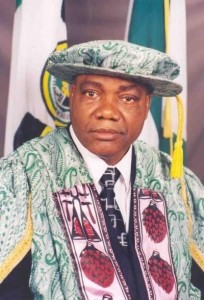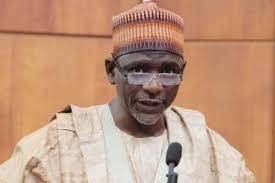
The Senior Staff Association of Nigerian Universities has warned vice-chancellors against the arbitrary redeployment and retirement of non-teaching career directors in the universities.
The association made the plea in a communiqué by its National President, Mr. Samson Ugwoke, and its National Public Relations Officer, Mr. N. Aboribo.
The SSANU National Executive Council officials met recently at the Abubakar Tafawa Balewa University, Bauchi.
According to the association, the VCs, citing the Head of Civil Service of the Federation circular HCSF/V61/S.1/111/68 of August 26, 2009, have been threatening to sack these directors.
The circular, which the association said was inconsistent with the Public Service Rules (2008), was capable of causing unnecessary controversy in the university system.
Parts of the communiqué read, “For the avoidance of doubt, these directors can be reassigned to their areas of need after serving eight years or more on the post until they attain the retirement age of 65yrs. This should also be applicable to serving registrars and bursars, as is the case with vice-chancellors.
“The NEC-in-session, therefore, calls on all vice-chancellors who had hidden under the provisions of this offensive circular to harass, redeploy or retire SSANU members to reverse themselves immediately without further delay and henceforth, stop all hostility towards non-teaching staff directors, under the cover of the obnoxious circular. NEC-in-session warns that any vice-chancellor that ignores this call shall be inviting the trouble of SSANU.”
The association also frowned on the Federal Government directive, which excluded university staff primary schools in the university budget for 2014.
The NEC-in-session noted that the schools were part of the 1999 collective bargaining in which the government agreed to bear the full responsibility of the institutions.
Another review of the agreement, the association added, took place in 2009.
SSANU also noted that the schools were to serve as testing grounds for trainee teachers in the nation’s universities, as well as to provide foundation education for children of universities’ workers at minimal cost.




